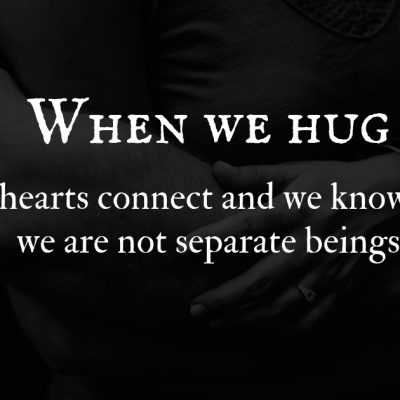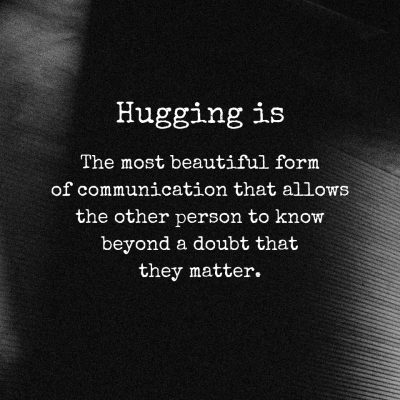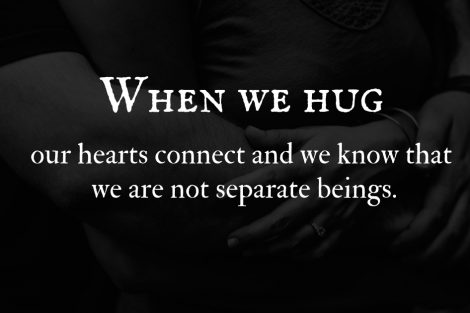We tend to cling to our beliefs so tightly that sometimes it seems useless to try convince others to change their minds. The more controversial the issue, the less we are willing to accept that our opinions are wrong. Why is that and how can we change the way we argue so that it becomes more productive?

Most debates turn into fights because we believe that our opponent’s opinions say something about their moral structure. If my friend does not share my views and I believe he is totally wrong about this issue, how can we still be friends?
Psychological research shows that the reasons why we cannot change people minds that easily is related to how the brain works. When we make up our minds, it’s easier to just stay the course. We resist not only sound arguments, but also facts because changing our beliefs is a difficult and dangerous thing to do. As social animals, we identify ourselves with the beliefs of our tribe. Renouncing a belief held by our community entails the risk of being excluded from it. We want to belong, we need the protection of our community and not doubting its beliefs and views is the price we pay.
Another reason is that changing our views implies greater mental effort. It’s easier to just maintain the opinions we already have, no matter how true they really are. So should we just give up starting a dialogue with those who have different opinions? No. We just have to be more careful with how we do it.
A good way to approach a controversial issue is not to explicitly try to convince others they are wrong.
It’s better to encourage them to reflect on their own, to reconsider the consequences of their opinions. You will be more persuasive if you manage to ask the right questions and determine them to draw their own conclusions, rather than imposing your own.
Assume that the other cares as much as you do about the issue at stake. So try to show them respect.
Your arguments will still be solid without the eye rolling, the insults and the sarcasm. These only make the other feel disrespected and therefore less inclined to listen and understand your position. Disagreeing and being scornful are two different things!
Showing respect and making an effort to really understand what the other has to say will increase the chances of a productive dialogue. Please share!










